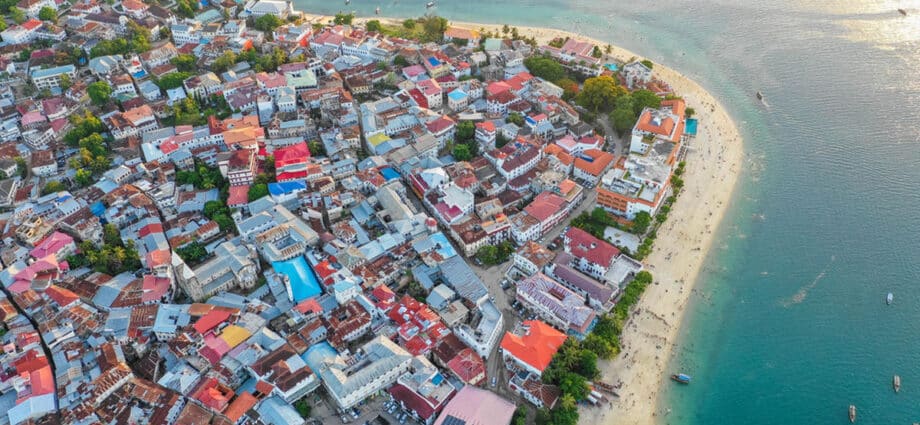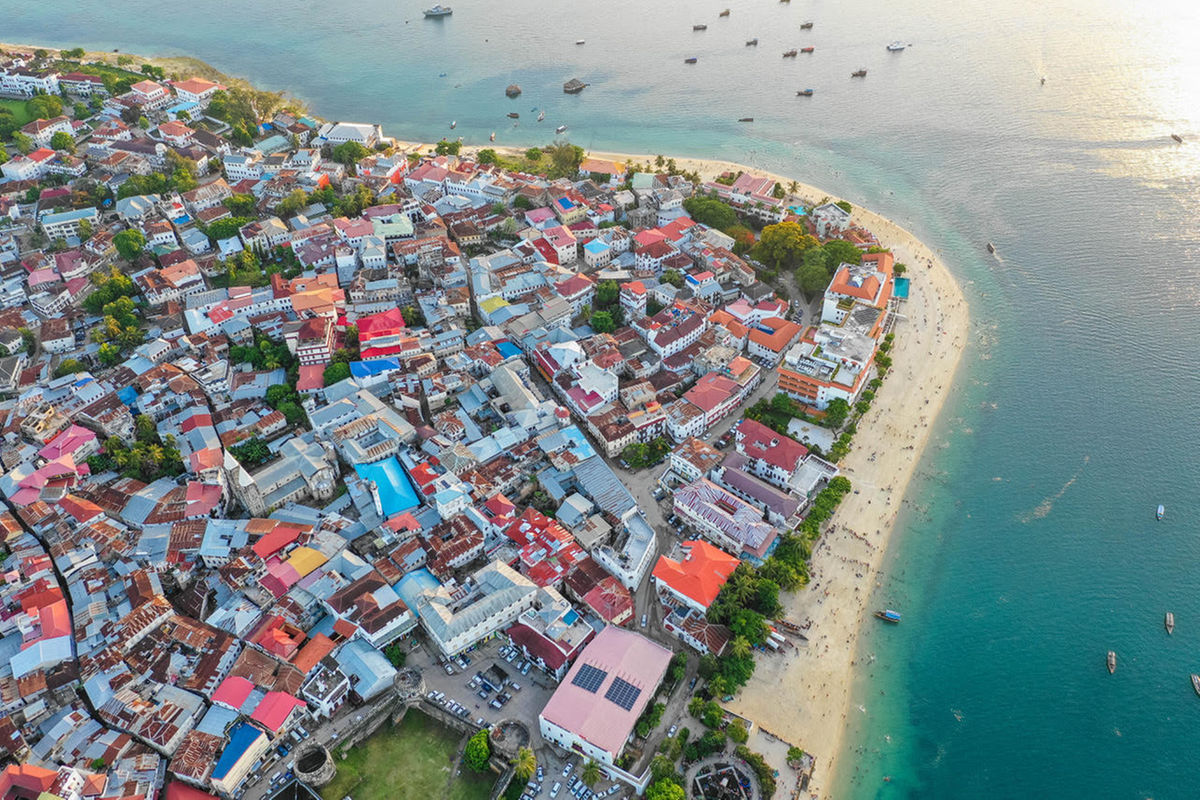Unguja. Political interference and corruption continue to pose significant obstacles to major development projects in Zanzibar, resulting in the misallocation of billions of shillings of state funds.
This assertion was made by the opposition party ACT-Wazalendo during a rally held on Sunday at Mwenge Grounds in Makunduchi, South Region.
Addressing attendees and supporters, vice chairman Ismail Jussa Ladhu singled out the stalled reconstruction of Pemba Airport, attributing the delay to political meddling in the contractual agreements between the project’s handling companies.
“In June 2023, the Revolutionary Government of Zanzibar (SMZ) entered into a $428 million (Sh1.01 trillion) agreement with UK Export Financing to expand Pemba Airport and construct various road networks in Unguja and Pemba,” he stated.
The financing for these projects is facilitated by Citibank London and Deutsche Bank London, guaranteed by the British government through the United Kingdom Export Finance (UKEF).
According to Mr Jussa, commercial contracts with contractors Mecco and Propav, operating under a joint venture, were approved and signed by the Zanzibar government in September 2022 and January 2023.
The comprehensive road projects include the 48km Tunguu-Makunduchi Road in Unguja South Region, the 12km Kisauni-Fumba Road in West Urban Region, and the 43.5km Mkoani-Chake Chake Pemba Road. However, the High Court of Zanzibar issued temporary orders on January 10, 2024, halting project progress pending the resolution of a legal dispute.
Grievances cited include alleged abuse of majority shareholder positions, political interference, and failure to adhere to contractual terms.
Despite attempts to settle disputes out of court, political interference persisted, as highlighted by ACT-Wazalendo’s leadership.
Mr Jussa also raised concerns regarding the 275km feeder roads project, where the Ministry of Works, Communication, and Transport is seeking an additional $79 million for the same roads already funded with $89.3 million.
“The initial contractors used cheap seal technology, and now new contractors from Turkey are requesting nearly the same amount to apply asphalt concrete, essentially doubling the expenditure,” Mr Jussa commented.
He emphasised that cheap seal technology, despite being proven ineffective during trials in the Pemba South roads project between 2011 and 2012 under the seventh phase of government led by Mohammed Shein, was still implemented, burdening taxpayers with unnecessary costs.
“It is incomprehensible that the contractor proceeded with cheap seal technology and the government approved it despite known and proven risks, now resulting in taxpayers bearing the brunt of double funding,” he concluded.
The outspoken politician further said that the awarding of most of the tenders has failed to follow established procurement procedures that are established by the laws of Zanzibar; instead, the companies are hand-picked.















